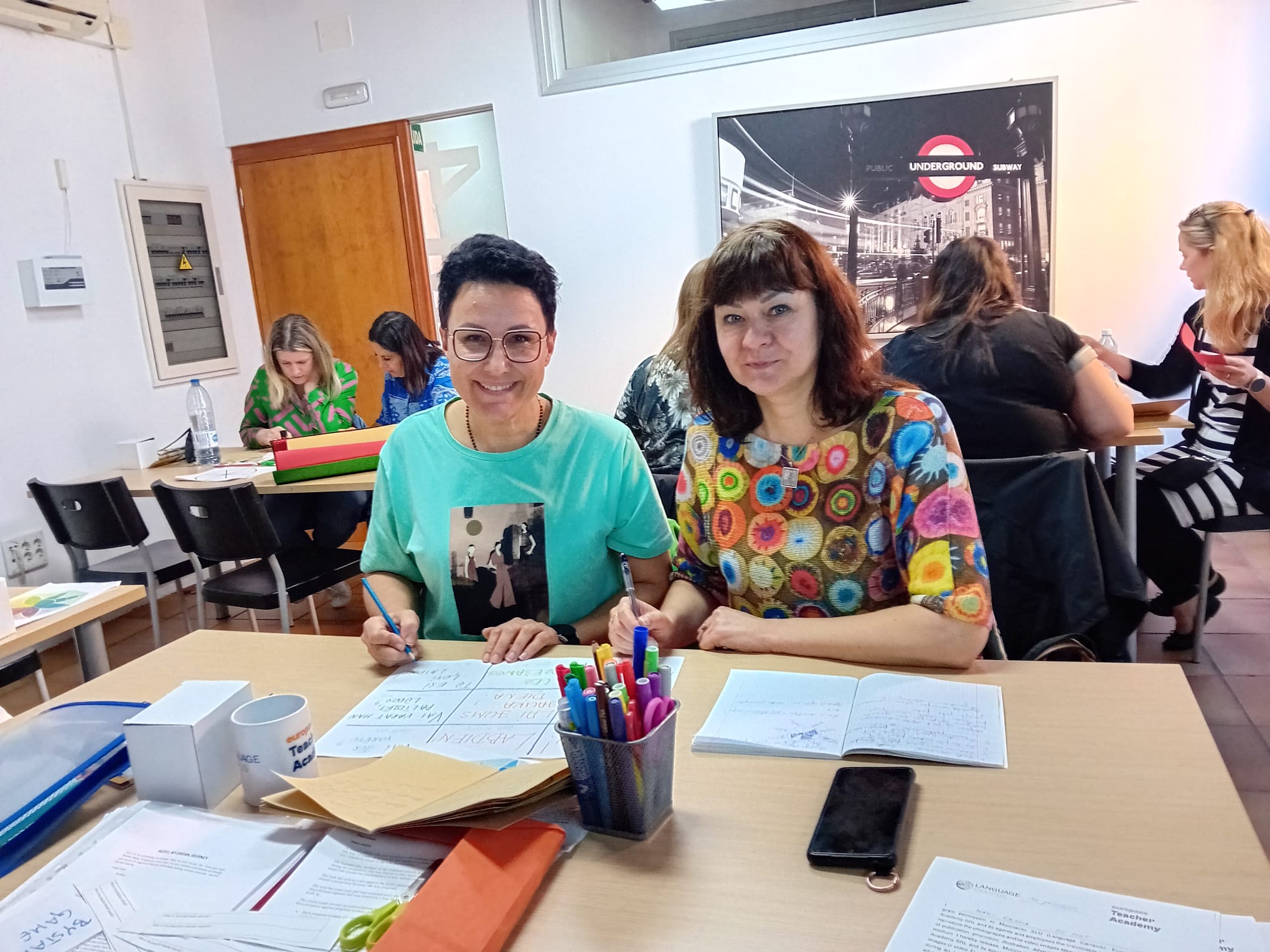
Topic(s) addressed
This project focused on mental health support through bullying prevention, the promotion of physical activity, and healthy eating habits. It also encouraged inclusive education, and stress management techniques, and aimed to foster a safe and supportive environment.
Target group(s)
The target group included 80 teachers at the school and other local educational institutions and 500 students and their parents.
Methodologies
Multidisciplinary approaches integrated diverse expertise to address students' mental and physical health comprehensively. Developing key competencies ensured a holistic education, supported by formative assessments that provided continuous feedback. By linking formal, non-formal, and informal learning, the project created a dynamic and engaging educational experience. Emphasising inclusion, participation, and cooperation fostered a supportive community while empowering students.
Innovation environment
The school acted as a hub for innovation by fostering creativity and critical thinking. Building a positive school climate encouraged openness and risk-taking, essential for innovation. Sustainable resource use ensured long-term viability and modelled responsible practices. A whole school approach unified efforts across all levels, promoting consistent and cohesive educational experiences. Cross-sectoral cooperation with external stakeholders enriched the curriculum with diverse perspectives and expertise, creating a more holistic and impactful learning environment.
Teachers’ role
Teachers in the project influenced innovative teaching and learning processes by embracing their role as innovators. Prioritising teachers' wellbeing ensured they remained motivated and effective in their roles. Continuous professional development equipped teachers with the latest educational strategies and tools. Cooperation and peer learning among teachers fostered a collaborative culture, where sharing good practices and supporting each other led to more dynamic and effective teaching approaches, ultimately benefiting student wellbeing and learning outcomes.
Impact and output
Student engagement, wellbeing, and academic performance significantly improved. The methods fostered a supportive and inclusive environment that addressed diverse learning needs. The spill-over effect extended to other students, teachers, schools, local communities, and parents, creating a broader culture of wellbeing and innovation. This widespread influence enhanced educational practices, strengthened community relationships, and promoted a holistic approach to education.
Video
- Reference
- 2022-1-LV01-KA122- SCH-000073374
- Project locations
- Latvia
- Project category
- Secondary education
- Project year
- 2024
Stakeholders
Coordinators
V.Plūdoņa Kuldīgas vidusskola
- Address
- Latvia
